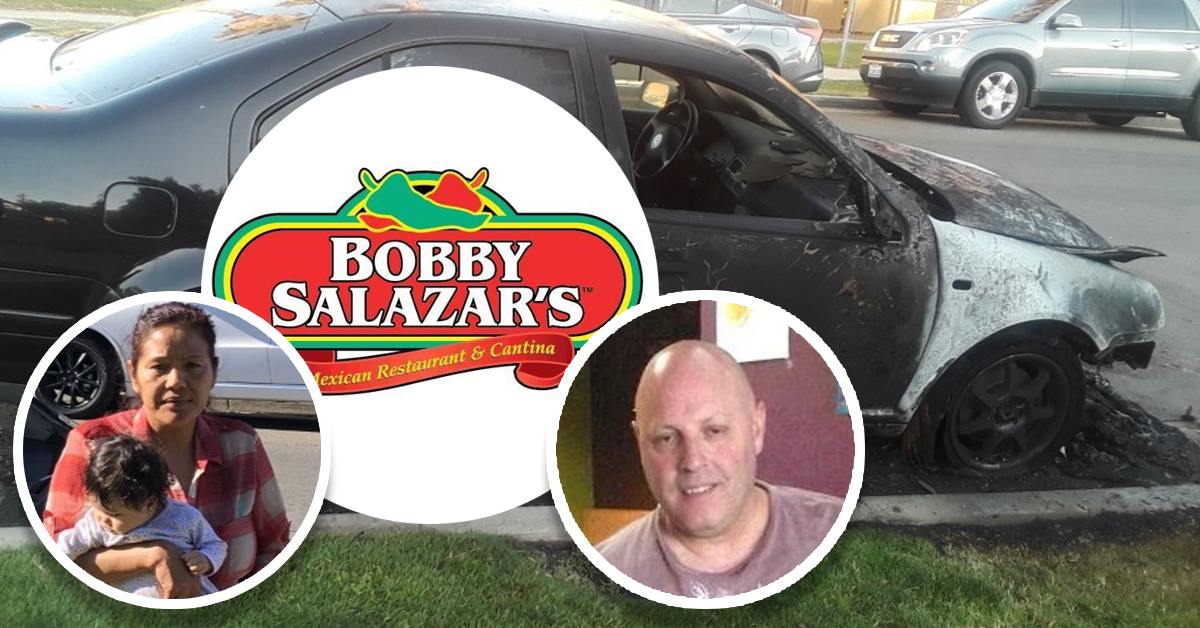An appellate court ruled against Fresno restaurateur and salsa maker Bobby Salazar in a defamation lawsuit he filed against local attorney Brian Whelan stemming over alleged ties between on-going litigation involving the businessman and a string of firebombing incidents.
The appellate court ruled that Whelan could file an anti-SLAPP motion against Salazar, putting the burden back on Salazar as it returns to Fresno County Superior Court.
The backstory: The lawsuit stems from a series of firebombing incidents allegedly connected to Salazar two years ago.
- Whelan was litigating two lawsuits on behalf of former employees of Salazar over alleged labor and employment law violations. One of those employees was Hilda Lopez, whose family had three cars destroyed by an unknown person in the early morning hours of June 23, 2021. The incident came shortly after Lopez filed her lawsuit against Salazar.
- Two other firebombing incidents occurred one year earlier in 2020 when the other former employee had her car destroyed after revealing a pay-for-play testimony scheme involving Salazar, and in August 2020 an assailant attempted to firebomb Whelan’s office.
- After the firebombing incident, Whelan created a GoFundMe page to raise money for the Lopez family. Whelan also spoke to local media about the incidents, including to The Sun.
- While the other two lawsuits were pending, Salazar filed a defamation lawsuit against Whelan, claiming the attorney’s GoFundMe page and statements to the press accuse Salazar of being responsible for the firebombings.
The big picture: Whelan filed an anti-SLAPP motion in the trial court to throw out the defamation case, but the trial court denied the motion, saying that Whelan’s statements were not protected in connection with Lopez’s employment issue and were not made in connection with an issue of public interest. The trial court also ruled that Salazar is not a public figure, meaning there is no general right to litigate in the press.
- But the appellate court overturned the trial court’s ruling, saying that the GoFundMe clearly implicated an issue of public interest given that the firebombing attacks happened in public and could have spread to harm other people and property.
- The appellate court also ruled that Whelan’s statements were made in connection with an issue of public interest, given that he spoke after the third arson attack within the space of about a year on individuals working against Salazar’s interests.
State of play: In the meantime, Salazar claims that he his restaurant and salsa sales have suffered because of the GoFundMe page.
- In the complaint, Salazar said regulate customers have boycotted his restaurants and stopped buying his salsa because of Whelan’s statements.
- Salazar said he has experienced “a significant drop in sales” at his businesses, yet the complaint did not include any specifics on the economic impact that he claims to have suffered.
What we’re watching: With the anti-SLAPP motion in hand, the defamation case returns to the trial court to rule if Salazar has met the burden of demonstrating a probability of prevailing at trial.
- If the trial court finds that Salazar has not met that burden, the case will be thrown out.











